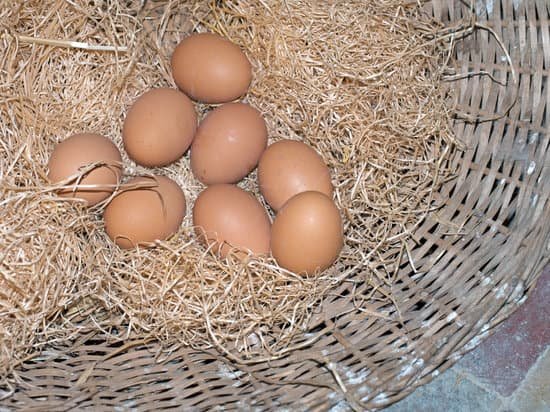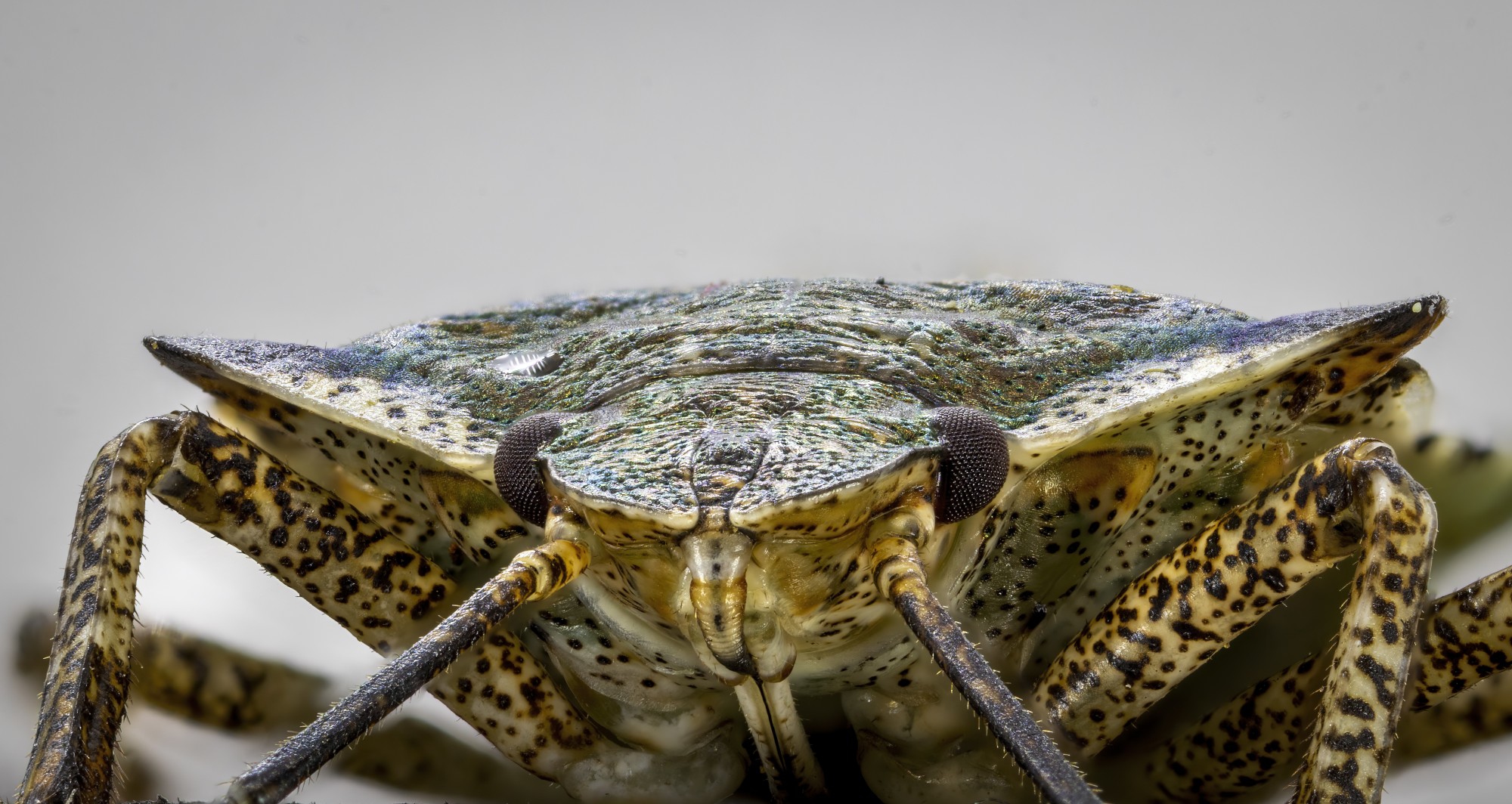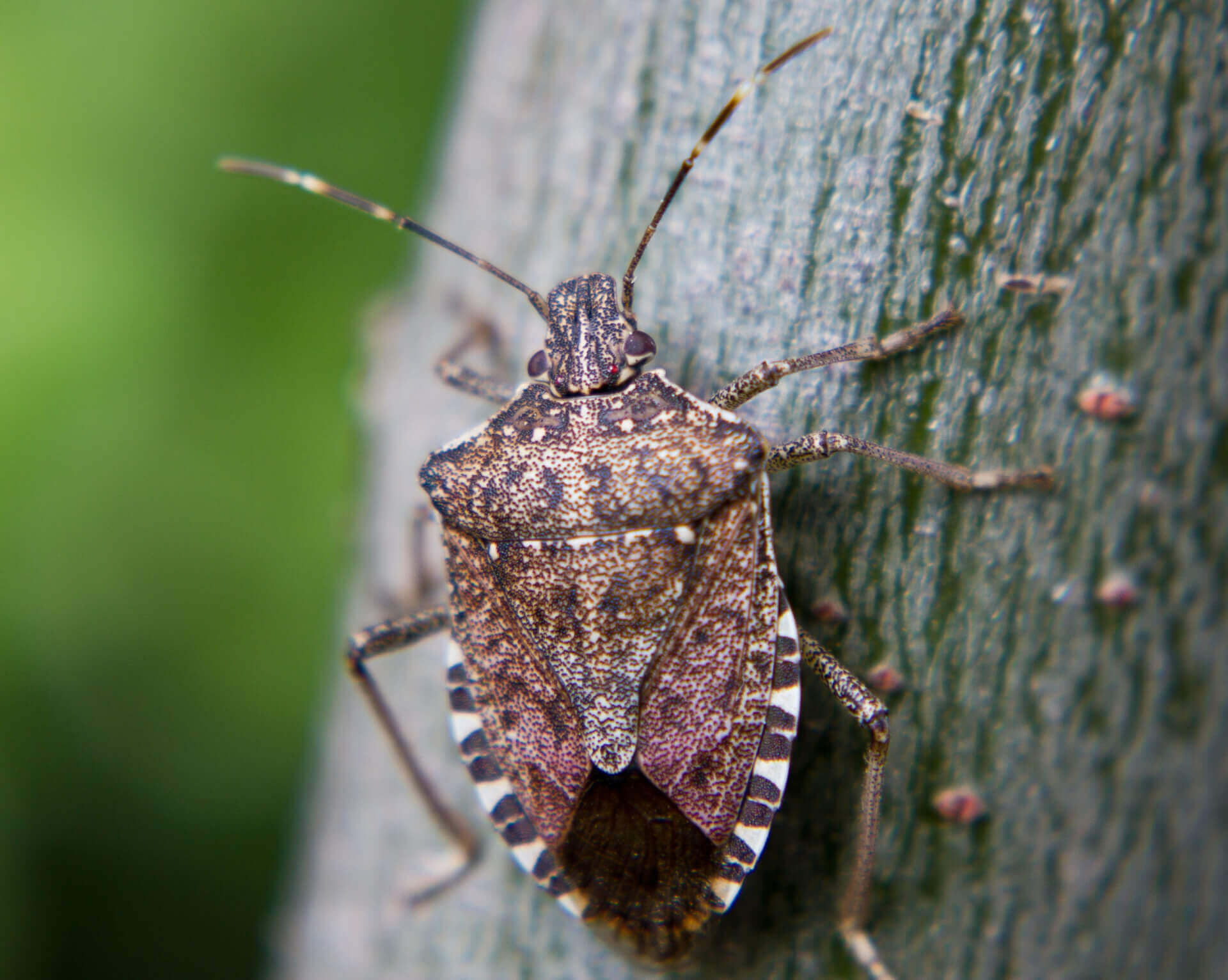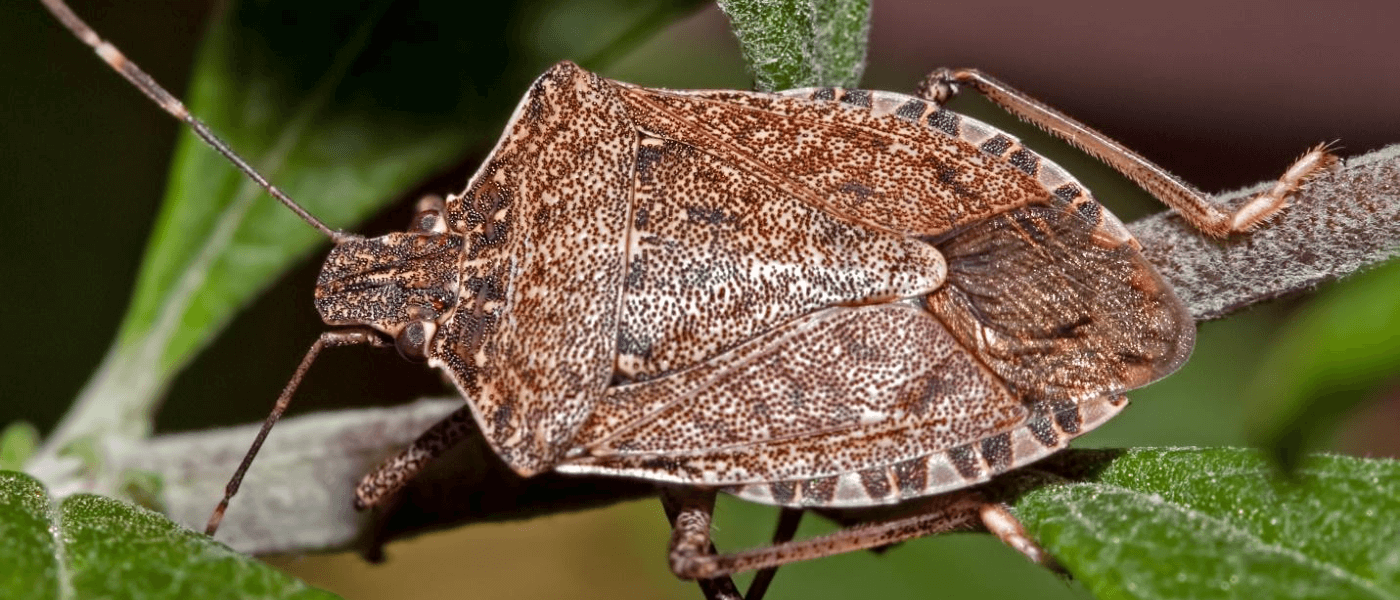what makes stink bugs stink
If you are looking for What chemical makes stink bug odor? - JacAnswers you've visit to the right page. We have 10 Pics about What chemical makes stink bug odor? - JacAnswers like What chemical makes stink bug odor? - JacAnswers, Why Stink Bugs Stink | JP Pest Services and also Stink Bug Odors: What Do Stink Bugs Smell Like?. Read more:
What Chemical Makes Stink Bug Odor? - JacAnswers
 kodrat.iliensale.com
kodrat.iliensale.com
How To Get Rid Of A Stink Bug | Where Did They Come From?
 vandenbergepestcontrol.com
vandenbergepestcontrol.com
stink bug
Stink Bugs 101: Who Do You Stink You Are?
 elevatepestcontrol.com
elevatepestcontrol.com
stink bugs
In-Depth: The Real Reason Why Stink Bugs Smell - Pest Pointers
 pestpointers.com
pestpointers.com
stink bugs smell depth referring defense
Stink Bug Odors: What Do Stink Bugs Smell Like?
 www.westernpest.com
www.westernpest.com
stink bug bugs smell
Why Do Stink Bugs Stink? - YouTube
 www.youtube.com
www.youtube.com
why stink bugs does geography science history
What Do Stink Bugs Eat? | EcoGuard Pest Management
 www.ecoguardpestmanagement.com
www.ecoguardpestmanagement.com
Stink Bug Facts, Info, And Control Tips | Terminix
 www.terminix.com
www.terminix.com
In-Depth: The Real Reason Why Stink Bugs Smell - Pest Pointers
 pestpointers.com
pestpointers.com
stink reason
Why Stink Bugs Stink | JP Pest Services
 www.jppestservices.com
www.jppestservices.com
stink bugs
In-depth: the real reason why stink bugs smell. Stink bug bugs smell. Stink bug facts, info, and control tips. Stink bugs. What chemical makes stink bug odor?. Stink reason. Stink bugs. What do stink bugs eat?. Stink bugs 101: who do you stink you are?. How to get rid of a stink bug. Stink bugs smell depth referring defense. In-depth: the real reason why stink bugs smell. Why do stink bugs stink?. Why stink bugs does geography science history. Why stink bugs stink. Stink bug. Stink bug odors: what do stink bugs smell like?
Theories Explained
Phototaxis: Seeking buoyant or Seeking Darkness?
One prevailing theory going on for insect kinship to roomy is phototaxis, the visceral tendency of organisms to move towards or away from open stimuli. while definite phototaxis explains why some insects are drawn to open sources, negative phototaxis elucidates the actions of those that avoid light, seeking refuge in darkness.
Disorientation and Misguided Navigation
Another hypothesis posits that pretentious lights interfere subsequent to insects' navigational abilities, leading to disorientation and erratic flight patterns. Insects may become trapped in an endless cycle of circling vis--vis well-ventilated sources, unable to discern a pretension out of their lustrous trap.
Misinterpretation of open Signals
Intriguingly, determined species of insects may error artificial lights for natural cues, such as the moon or stars. This misinterpretation can have dire consequences, as insects may expend vital liveliness resources attempting to reach an unattainable destination.
Practical Implications
Ecological Consequences
The similarity of insects to exaggerated lights can have mysterious ecological implications, impacting predator-prey dynamics, pollination patterns, and nocturnal ecosystems. Disruptions in these delicate balances may cascade throughout entire ecosystems, potentially leading to unforeseen outcome for biodiversity and ecosystem stability.
Pest organization Challenges
For homeowners, businesses, and agricultural enterprises, insect kinship to well-ventilated presents a significant challenge in pest supervision efforts. spongy right of entry points, such as windows and doors, offer insects subsequently simple entry to indoor environments, where pretentious lights beckon them into unsuspecting spaces.
Conclusion
In summary, the phenomenon of insects innate drawn to lively is a multifaceted and intriguing aspect of entomology. even though numerous theories attempt to notify this behavior, the underlying mechanisms remain topic to ongoing research and debate. By getting hold of a deeper arrangement of why insects are attracted to light, we can improved mitigate the potential result and leverage this knowledge to inform pest direction strategies and conservation efforts.